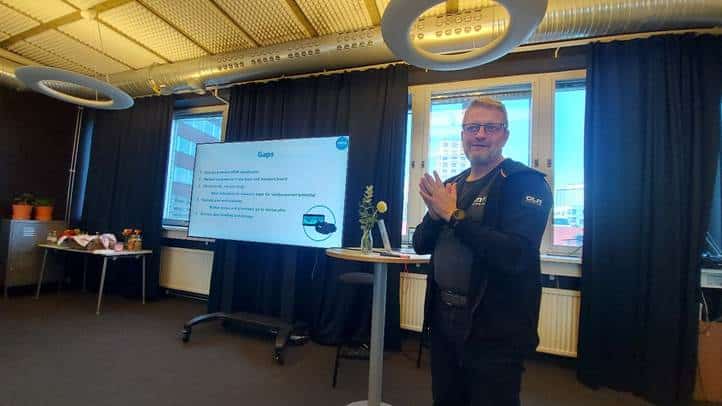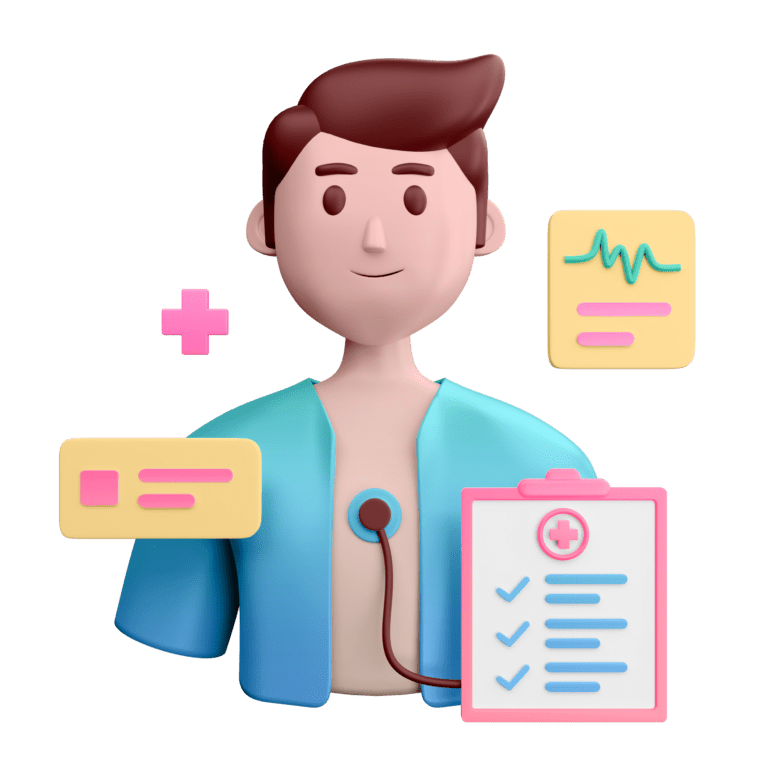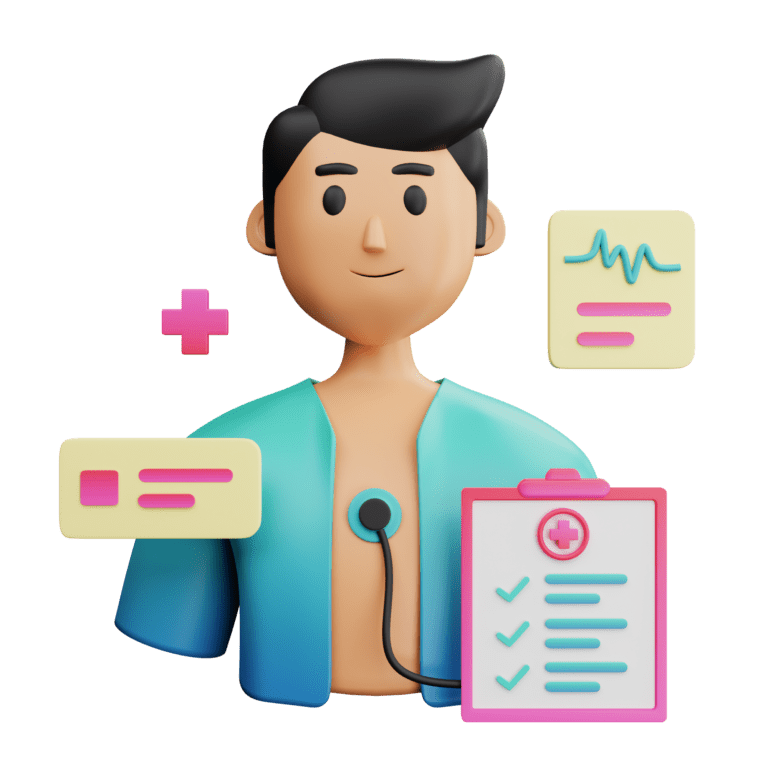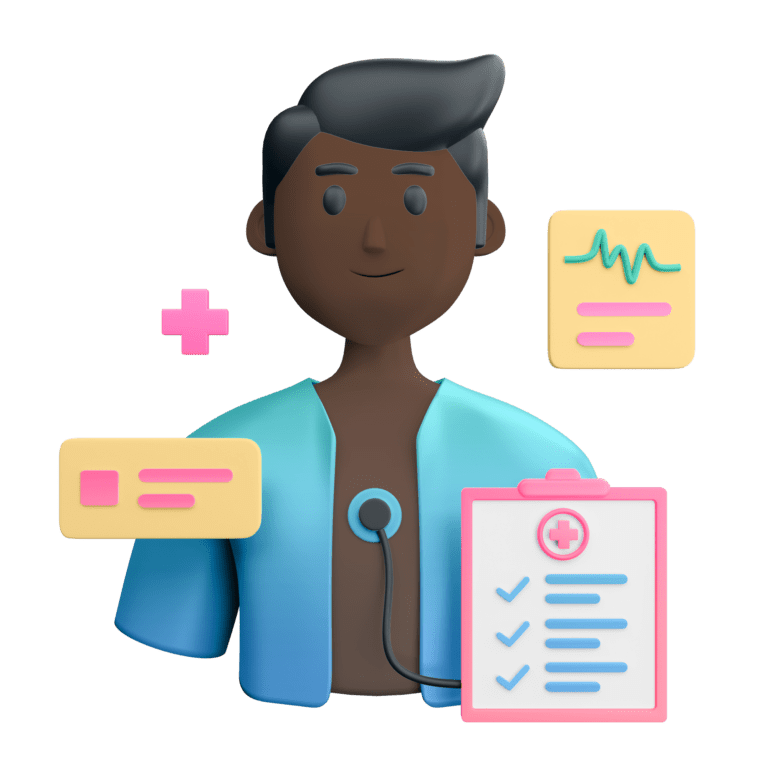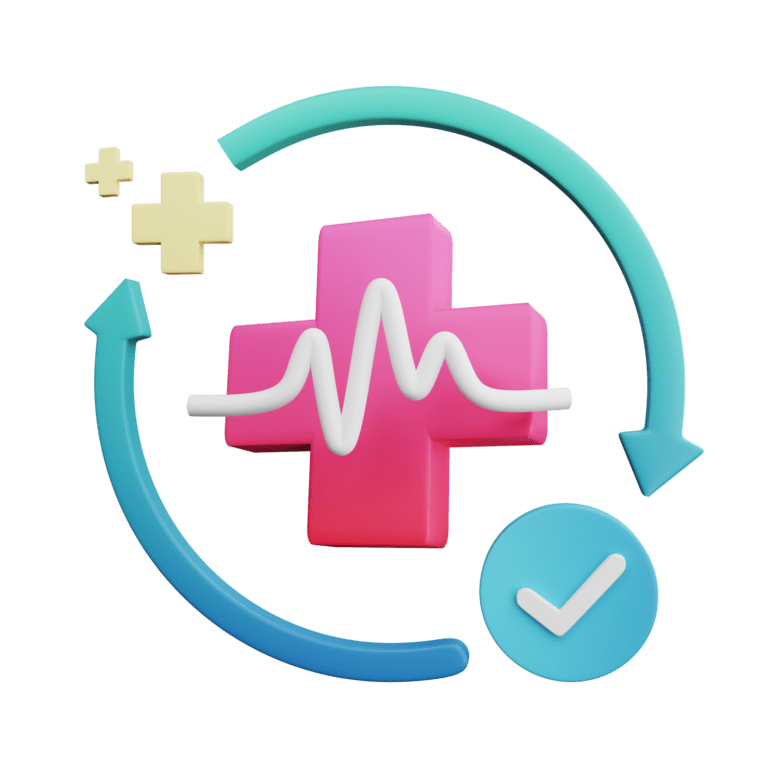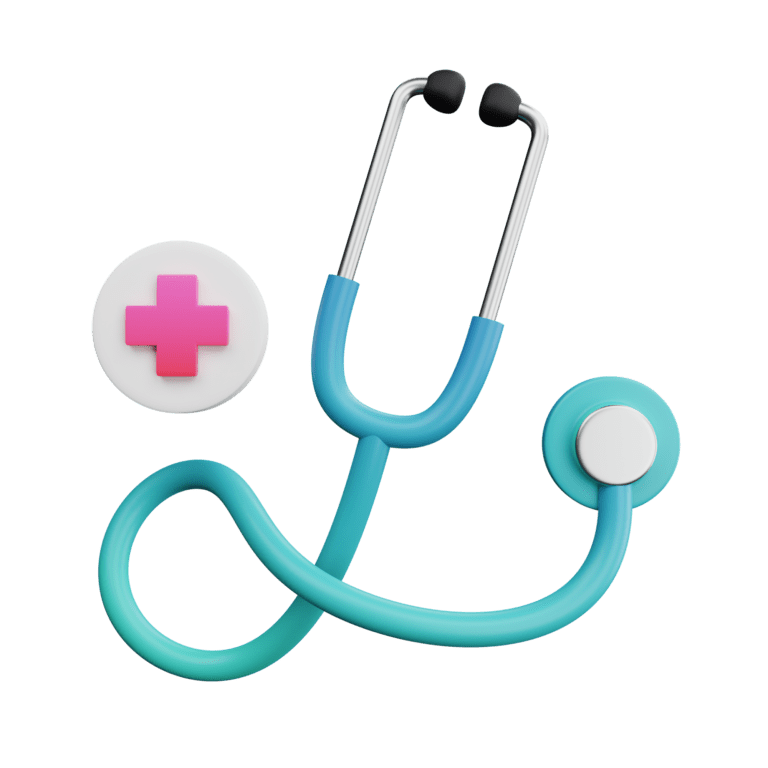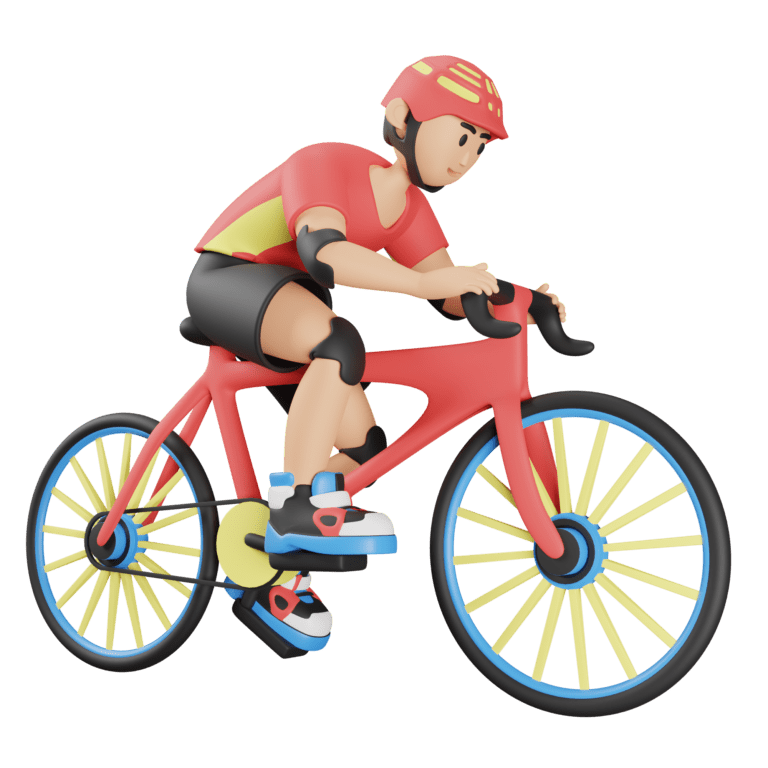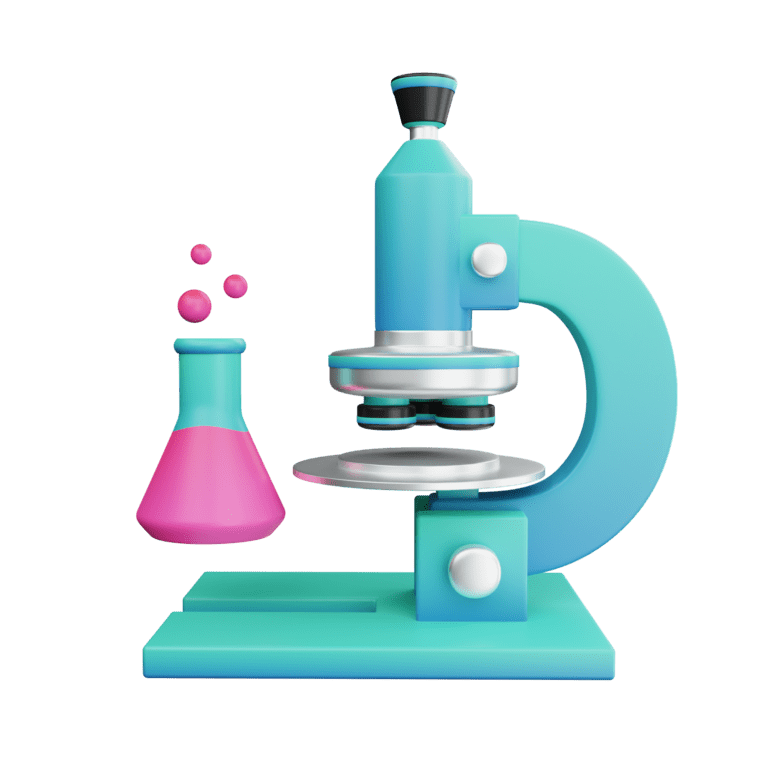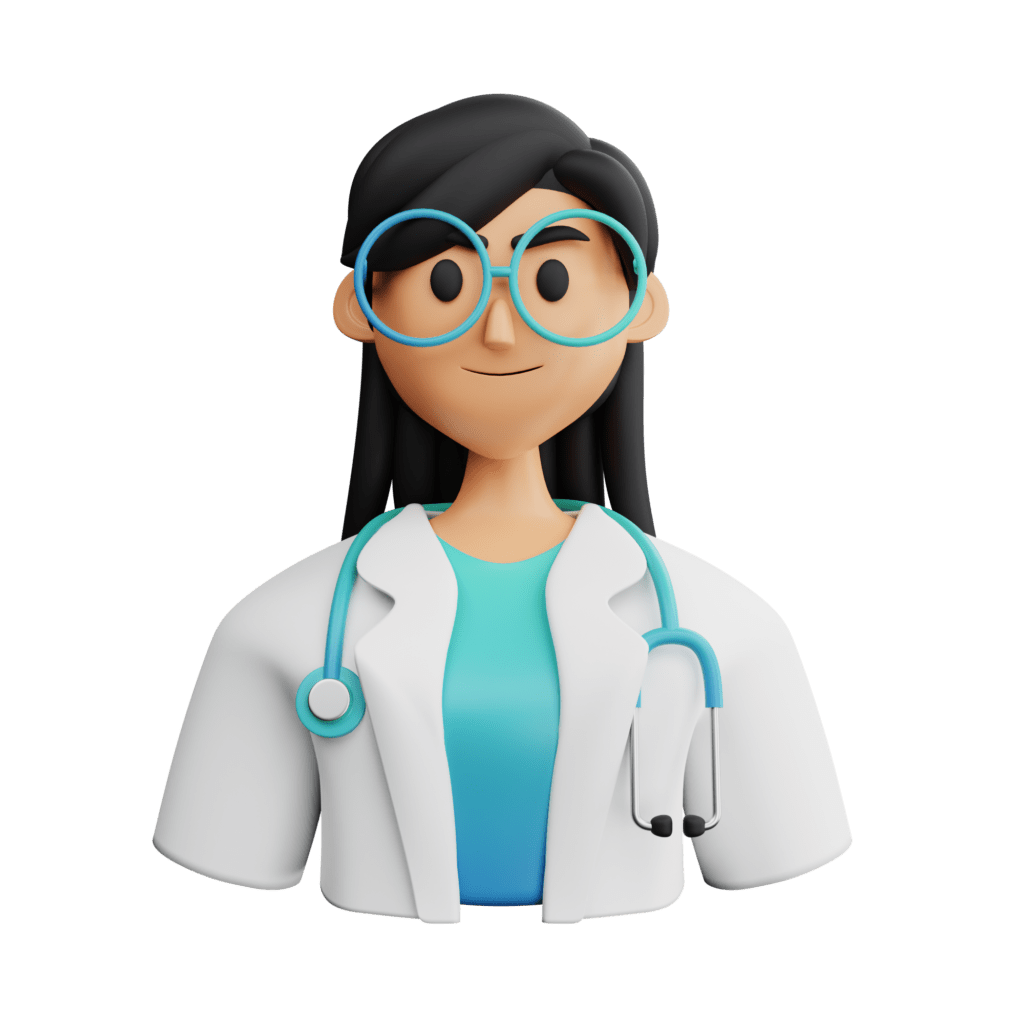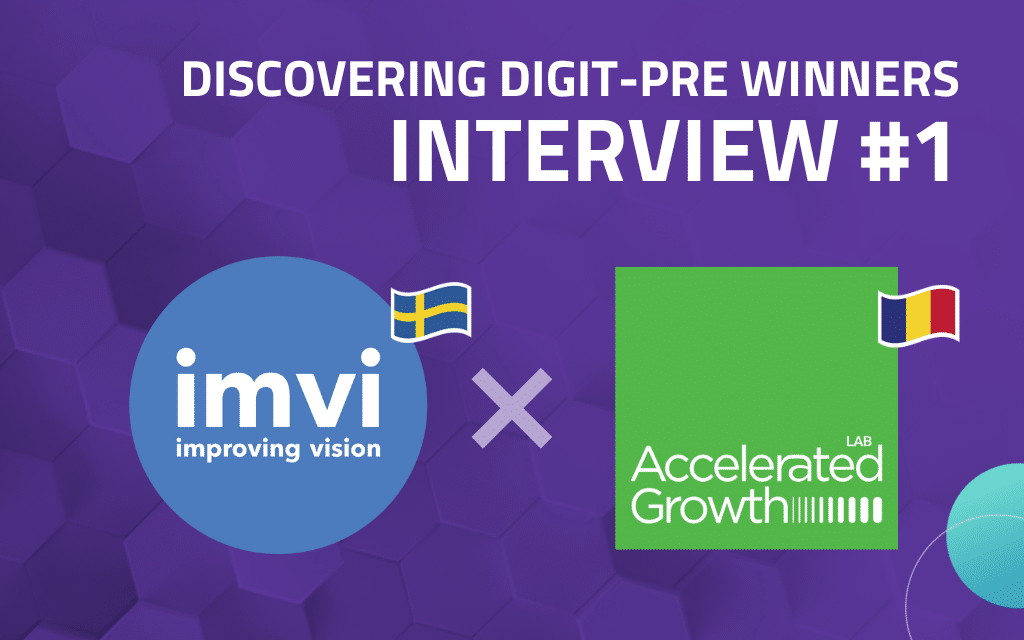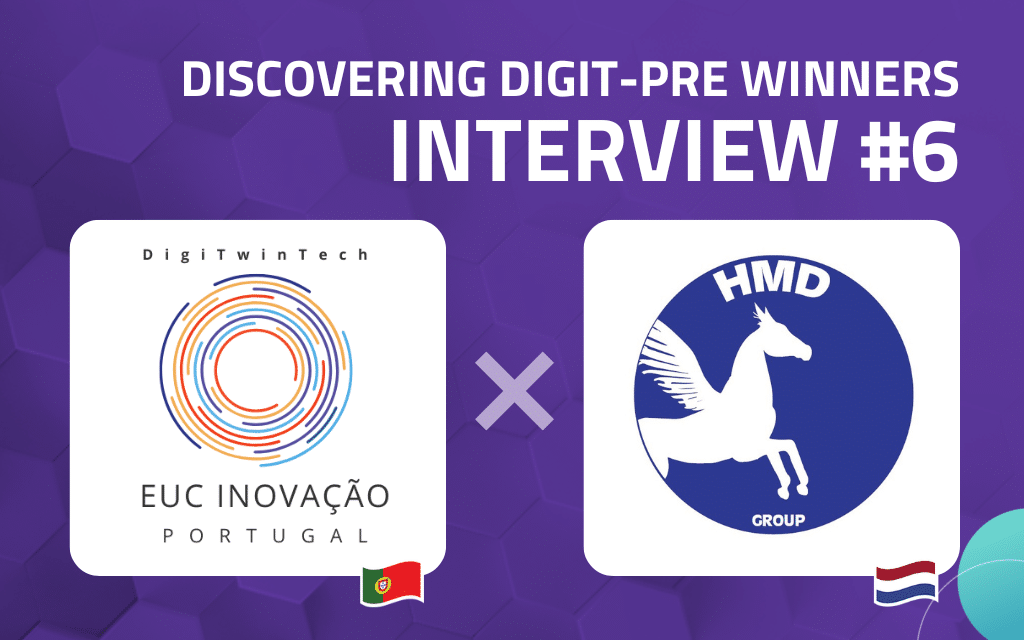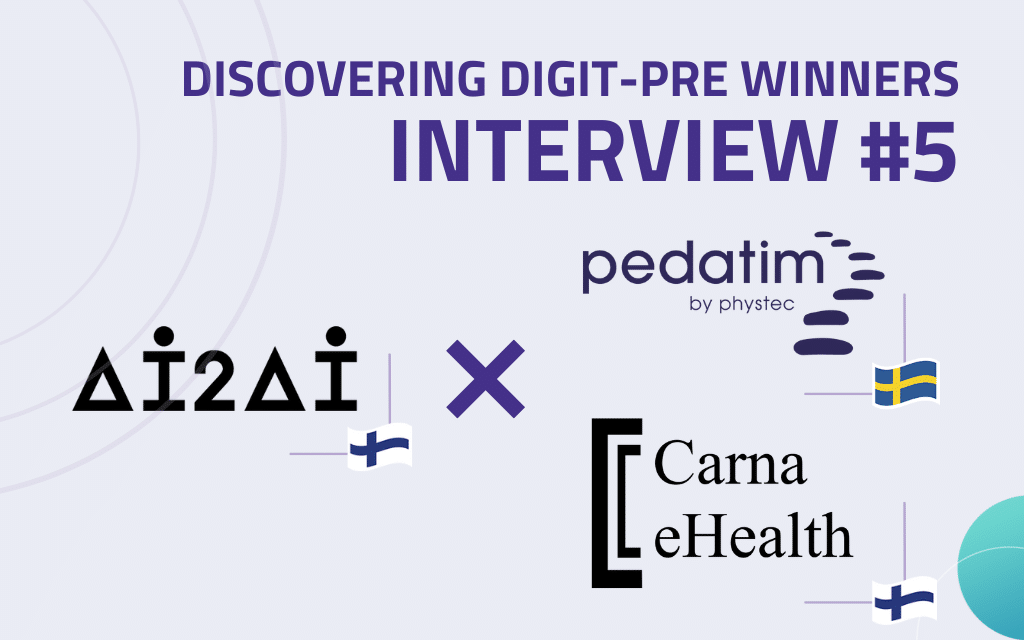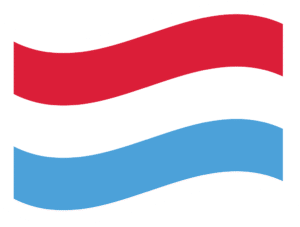In this first interview, find out more about Imvi Labs (Sweden-Skåne) & Accelerated Growth Lab (Romania), who will be responding to the challenge of improving care on post-stroke patients with their project “Impacting Post Stroke”.
Could you tell us about the activity and the purpose of your companies?
Imvi Labs is a Swedish start-up company with a revolutionizing solution for training eye-coordination in VR. The training has been developed together with researchers at Karolinska Institutet in the field of optometry. Improved eye-coordination improves reading and attention for peoples with dyslexia and adhd in addition to improving vision for people with vergence problems. Accelerated Growth Labs is a Romanian software company with extensive experience in developing complex solutions. We have already worked together for 1,5 years and have together solved some key technical challenges for our solution such as allowing our users to train with streamed content from services such as YouTube and SVT Play. This is a feature which provides our training with a USP. Training compliance is essential for the results, and here we have something our users love.
What attracted you to DIGIT-PRE?
We have so far focused on training people with vergence problems, reading problems, dyslexia and adhd. In addition, people who suffer from double vision after stroke, concussions and post-covid have found us and had fantastic results. So, when we found DIGIT-PRE, and saw that rehab after stroke was within the scope and that both the regions where we are based: Malmö/Helsingborg and Cluj where included, we wanted to take this opportunity to accelerate activities that would else have been planned further out.
Could you describe your common project "Impacting Post Stroke" in a few words?
We want to leverage from the support we get to further develop our solution, run a clinical study, and do our homework in terms of market access.
Our focus within the project is rehab after stroke, but in some respect, we look at this as also covering the broader area of acquired brain injury. We will add training functionality that will allow us to handle a wider range of eye-coordination problems. To do this, we will need to collaborate with eye-care professionals that will examine post stroke patients. We plan to run a clinical study to show the results of our training and evaluate the user experience for this group. And then we have all the critical work related to market access, including the evaluation of classification as a medical device, different reimbursement systems, which market to focus on etc.
What challenges have you faced so far when working with a partner from another country?
We think that we have a rather different case compared to the other participants of DIGIT-PRE. Our collaboration started 1,5 years ago, so we already are up to speed. Of course, we continue to strive to improve how we work and have a process with lessons learned after sprints and monthly alignment meetings. Both teams are experienced and used to working in English. Andrei Vig, the CEO, and founder of Accelerated Growth Labs has worked with Swedish companies for many years which also makes it easier.
Finally, have you already taken part in a European project before? If not, what are your concerns? If so, why do it again?
For both our companies this is our first European project. I think our concerns have been around the amount of bureaucracy, administration and reporting that can come with this kind of project. The EU portal was not the easiest to handle, but we got good help which made it quite smooth. Also, a major part of the support that we get in terms of in-kind expertise was not very clear at the time of application. Since this part is adopted to the specific needs of each sub-project, we now have high expectations that this will turn out to be very valuable.
